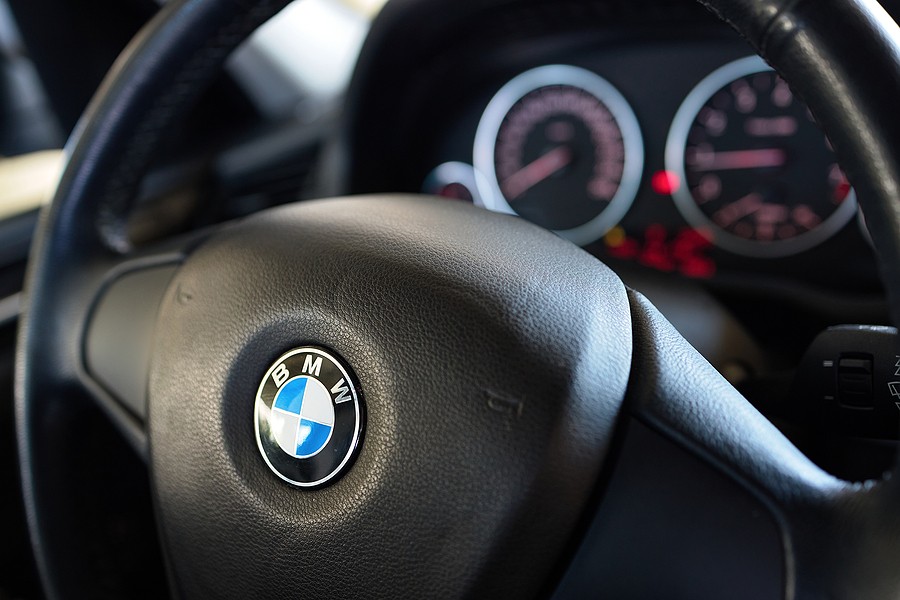If your BMW is leaking coolant, you're dealing with one of the following problems:
- Broken radiator
- Cracked hoses
- Faulty water pump
- Damaged thermostat
- Faulty coolant reservoir
BMW is known for designing amazing vehicles that combine performance with appearance and attract many customers yearly. However, like any other vehicle, BMW is not a problem, and you might have to deal with some of the general problems that can be very significant.
A commonly reported issue about this vehicle is the leaking coolant. Unfortunately, when your BMW leaks coolant, it's not a fun situation and might lead to significant issues that could damage the entire engine.
Troubleshooting and repairing the BMW leaking coolant situation is very important because it helps you identify the problem as soon as possible and potentially resolve it without needing to replace major components.
This article provides you with step-by-step guidance on how to Troubleshoot the BMW leaking coolant. It also highlights some recommendations about future repairs and prevention.
What are the main symptoms of BMW leaking coolant?
Before you even move any step further about troubleshooting your BMW leaking coolant situation, it is important for you as a car owner to understand the main signs indicating this problem because you might be dealing with something completely different than the coolant leak.
In general, below are the main symptoms of any vehicle leaking coolant, whether it's a BMW or any car:
1. Low coolant level
The first and most common symptom indicating that your BMW is leaking coolant is when you have a low coolant level. You can perform a visual inspection and look at the coolant reservoir to determine whether it's dropping significantly.
2. Fluid dripping underneath your BMW
All symptoms will be a clear indication of fluid dripping underneath your BMW. Remember that when your BMW is dripping some fluids, it doesn't necessarily mean it's cool. You must confirm by following up with additional inspections to confirm it's equivalent, not something like an oil leak.
Regardless of the fluid leaking underneath your car, you must address the problem as soon as possible because, typically, when fluids drop below the minimum level, they can lead to all sorts of problems that might cost you the entire BMW.
3. Smoke coming out of the BMW
If you ignore the problem for a long time and your BMW leaks coolant for a while, you can deal with more severe scenarios where it starts making some smoke, and it'll run off its hood. That can be very scary to many people, so it is a critical problem as soon as possible before it gets to this point.
4. BMW engine overheating
Finally, when your BMW leaks coolant, one of the first things you'll notice is that the engine will suffer from overheating continuously. You can look at the temperature gauge on your BMW dashboard to confirm whether there's significant fluctuation in the temperature of your engine or not.
Remember that engine overheating is not only linked to coolant leaks because it could be a problem with any part of your BMW system. Typically, these will be related to either the lubricating system or any component within the cooling system.
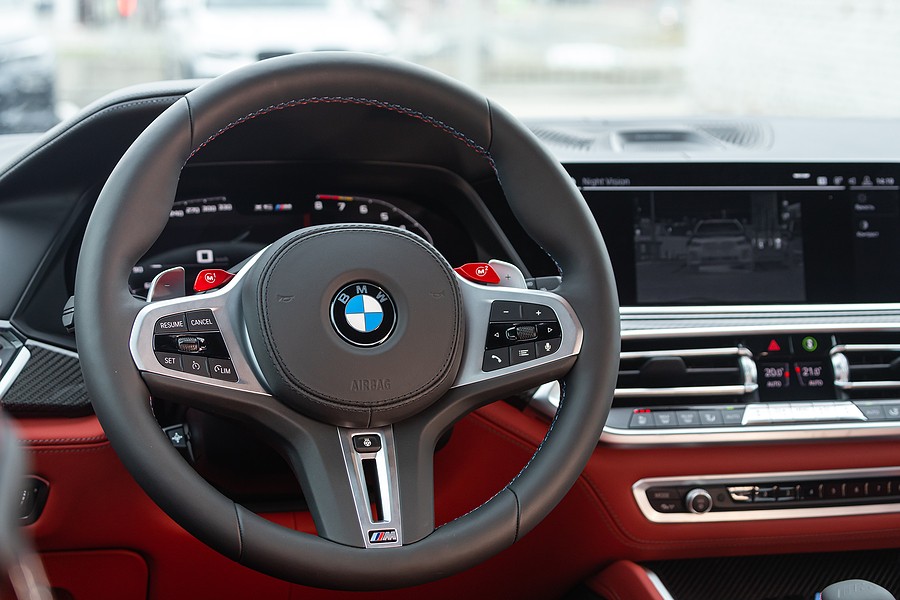
How to troubleshoot BMW leaking coolant?
Before you go to your professional mechanic, you can perform several inspections that could help you identify whether you have an equivalent leak in your BMW. This saves you time, effort, and money, so you know what you're dealing with.
The following list highlights the three major things that you can do to identify and troubleshoot any potential coolant leaks in your BMW:
1. Initial inspection
In the initial inspection, you can look for signs of the ones we indicated before. For example, perform a visual inspection to see if the current level is dropping below the minimum level in your reservoir. Then, check for any symptoms of engine overheating and look for any signs of puddles of fluid underneath the BMW.

2. Locating the leak
The coolant leak in your BMW cannot be a simple problem to diagnose. Therefore, you might need to do some steps that could help you locate the column before you even discuss it with your mechanic.
To do that, you must ensure that you park your vehicle safely in an area where you can inspect the car without any hazards to you or the surrounding environment. Please ensure the vehicle is parked and cooled down for at least 30 minutes so the coolant is not very hot when you look at it.
Depending on your tools and your experience, you might want to do what's known as a pressure test. Typically, the mechanic will do this, but if you have the right tools and experience, you can detect the leak.
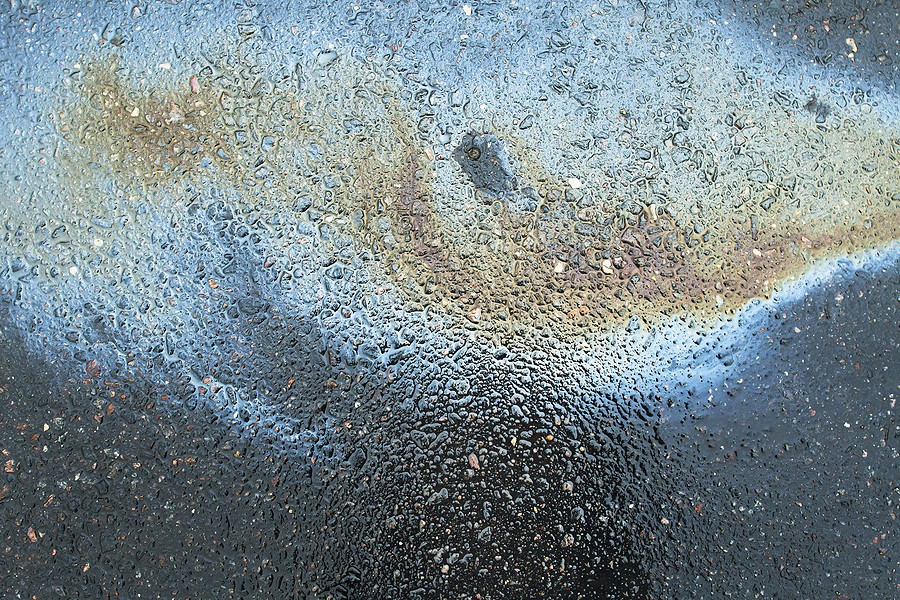
3. Identifying the common leak points
If you don't know exactly where to look for any BMW leaking coolant situations, you need to look for the common locations and leak points from which the quote might be dripping. Typically, these locations are the following:
Radiator
Usually, the coolant will start leaking from around the radiator when the problem is related to the radiator. Look in this area and see if you can see any symptoms of fluid dripping underneath this location.
Hoses
Then, try tracing the hoses connected to the radiator and see if there are any signs of fluid sticking out of it or any dried fluid that probably got out of the system and dried out because of the hot system.
Water pump
Since the water pump is another potential reason why your BMW is leaking coolant, you also need to look around it and see if you can see any coolant dripping around it. If so, you'll most likely need to replace the water pump.
Thermostat housing
The thermostat housing is another important component in your cooling system that might be a reason for your BMW leaking coolant. In that case, check it and see if you can identify any potential leaks, whether minor or major.
Coolant reservoir
Finally, please take a look at the coolant reservoir itself. Sometimes, it might be broken or minor damages that could allow coolant to seep through. If that's the case, you might need to replace it completely.
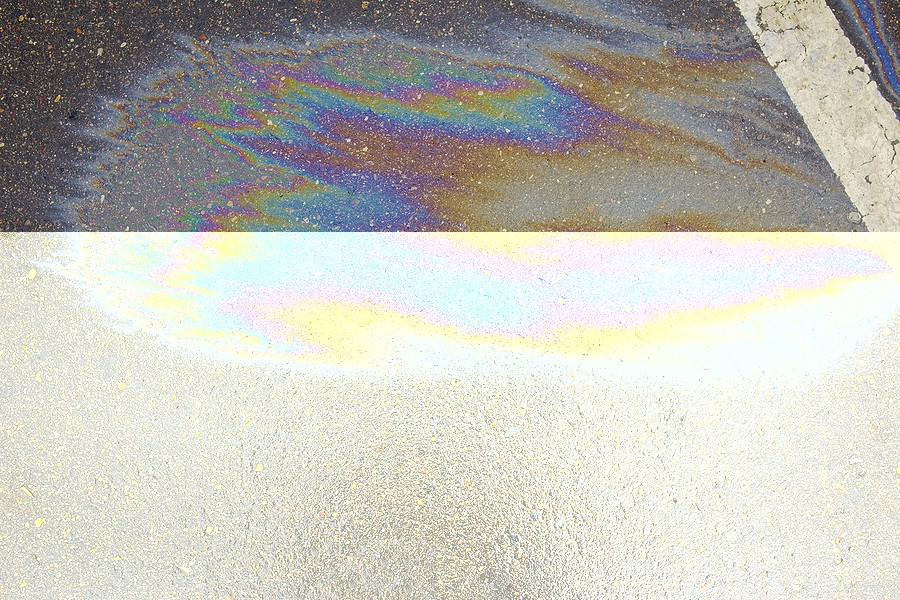
How to repair BMW's leaking coolant?
After you identify the root problem of your BMW leaking coolant, the next step is to fix it. Once you identify the problem, you'll have to address it and replace the faulty component.
For example, if your mechanic confirmed that your BMW is leaking coolant because of a problem in your radiator, then the solution would be to either fix the radiator or replace it completely, depending on its situation.
Similarly, if the problem is related to cracks in the hoses, you can easily replace them because they're not very expensive. Still, most of their repair costs typically go to the labor cost.
You must never allow this problem to continue for a long time because the more you get on it, the harder it gets for you to fix it without replacing major components.
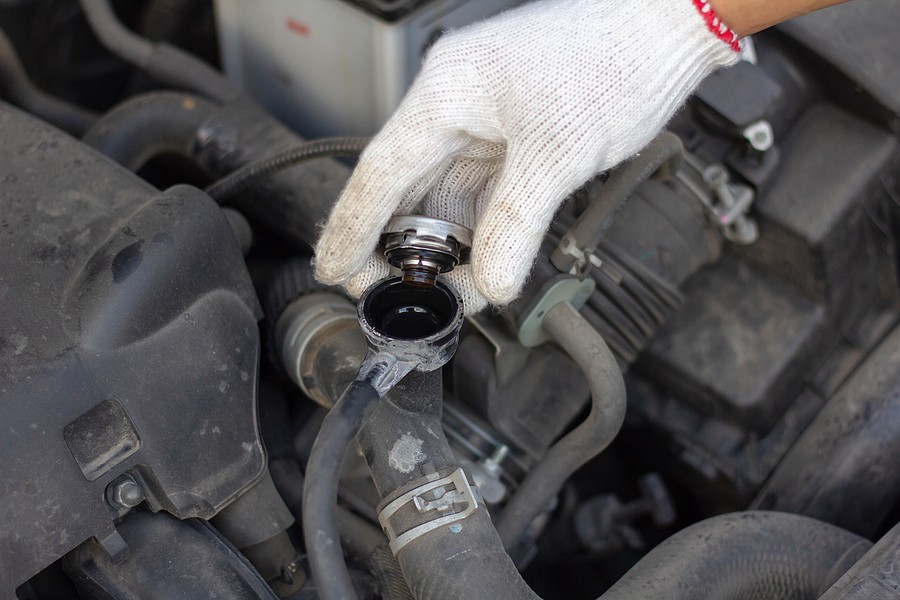
How to prevent BMW from leaking coolant in the future?
As you might already notice, it's not a fun situation when your BMW's leaking coolant. It means that there are a lot of things that could go wrong, which could cost you the entire vehicle. Therefore, it is critical for you as a car owner to understand some of the recommendations by automotive experts about what needs to be done to prevent BMW from leaking coolant in the future.
The following list provides you with some general recommendations, and it's also important that you keep up with your vehicle and monitor its health to identify additional things that you need to do before things get out of hand:
- Keep up with regular maintenance
- Never ignore minor symptoms
- Do not underestimate engine overheating
- Flush your coolant when it's needed
- Top up the coolant if it drops below the minimum level
- Identify any potential weak seals before they get damaged
- Look for early signs of potential internal coolant leak
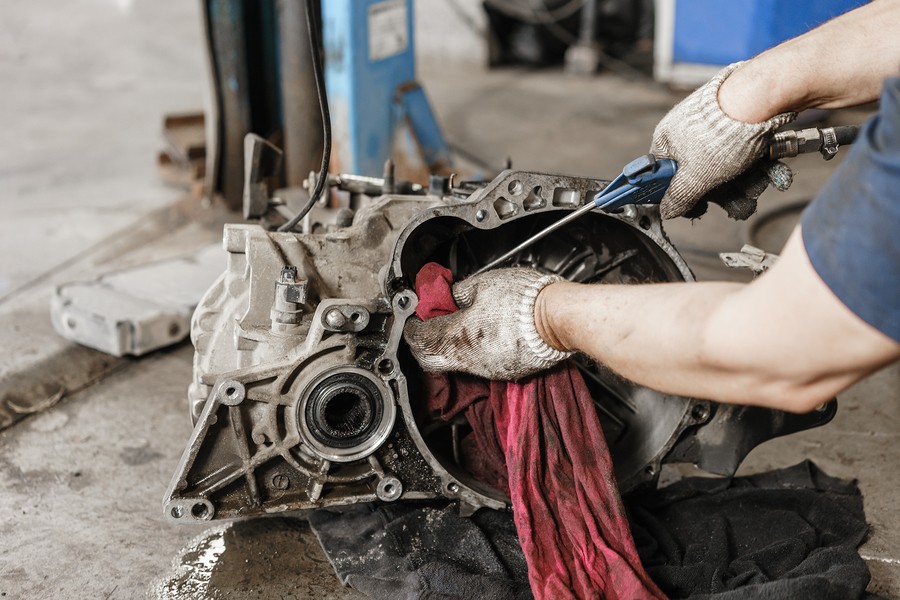
Bmw leaking coolant: Conclusion
BMW leaking coolant is a common situation many BMW owners suffer from. As a car owner, you must understand what is causing this issue and learn how to diagnose the problem and identify potential solutions before reaching your mechanic.
This article provided step-by-step guidance on troubleshooting situations where your BMW is leaking. It also highlights potential solutions for future repairs and prevention.
If you're interested in similar posts, we highly encourage you to visit our blog by clicking here.

